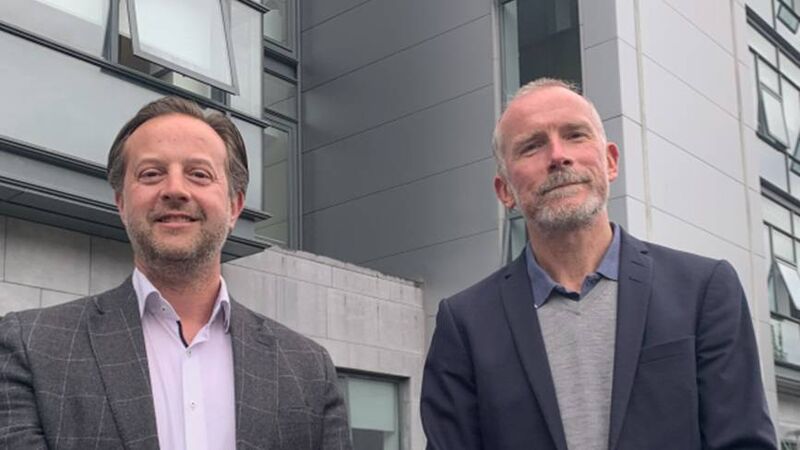UCC gut bacteria study could help identify high-risk Covid-19 patients

Professors Liam O’Mahony and Paul O’Toole, both Principal Investigators at APC Microbiome Ireland, SFI Research Centre and Professors at University College Cork have co-authored a new international research paper which adds another piece to the jigsaw puzzle that is Covid-19 research.
A new Cork research study could be the key to identifying patients at high risk from Covid-19.
The study, conducted by APC Microbiome Ireland at University Cllege Cork (UCC), shows that inflammatory responses and metabolic dysfunction is exaggerated in patients with a specific kind of microbiota – the microorganisms living inside a person.
















